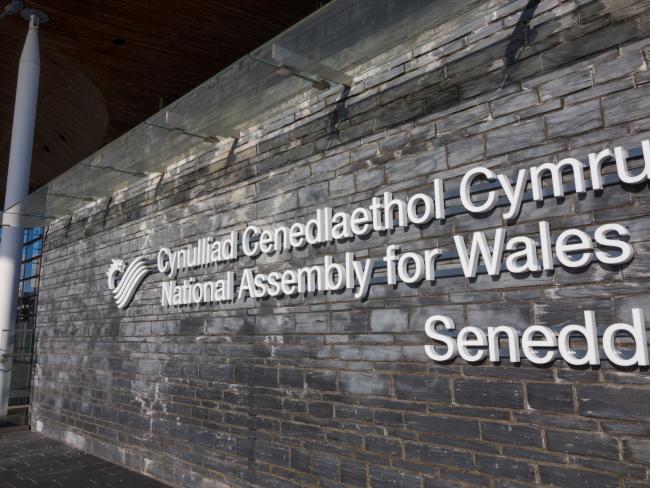11 July 2023

Voter interest in the devolved Welsh Assembly, now Parliament, is low. Photo Carl DeAbreu Photography /Shutterstock.
Turnout at elections to the Senedd Cymru (devolved Welsh parliament) is noticeably low. Rather than reflect that might be due to a lack of enthusiasm on the part of voters, some local politicians are attracted by compulsory voting as a way of legitimising their assembly.
Former Plaid Cymru leader Adam Price is calling for voting in Senedd and local elections to be compulsory to “boost turnout” and called for support for his “civic duty to vote” bill. He had to resign from the leadership in May after a highly critical report on his party’s culture.
No point
Senedd elections have never recorded turnout higher than 47 per cent; in 2003 it was just 38 per cent. Yet at general elections the proportion of those voting (66 per cent in 2019) is in line with the rest of Britain. This means that more than half of voters see no point in voting for members of the Senedd.
There is already a plan to change the voting system for the next Senedd election in 2026 from the current mixture of direct constituency elections and regional lists. Elections will be list-only after approval in June 2022 of a huge increase in the number of Senedd members from the current 60 to 96, including gender quotas.
Imposed
And the plans for compulsory voting, if approved, could be imposed for that election. The Welsh government said the idea of compulsory voting was “worth exploring”, as the Counsel General stated on behalf of the Welsh government.
Such a policy could be enforced with fines as is the case in other countries with mandatory voting, for example Australia, Brazil, Belgium and Luxembourg. Yet although such measures increased the number of people voting, it’s far from universal in those countries; some people still refuse to vote. Several nations have abandoned the practice – including Austria, Italy, and the Netherlands.
“Truly represented”
The argument is that compulsory voting would mean Welsh voters would be “truly represented” in the election system. Proponents can’t really explain how compulsory voting achieves this in practice.
The call for compulsory voting is not confined to Wales. The Constitution Society advocates this for UK general elections. It claims the public supports this idea, based on opinion polls, but polling results are highly dependent on the specific phrasing of questions.
There is also a claim that the current general election voting “skews” to “notably older, wealthier, whiter and more educated”. Perhaps because younger voters are least likely to vote! It has been notable how many young people have been involved in action on pay and protests recently. It is parliamentary politics they reject.
